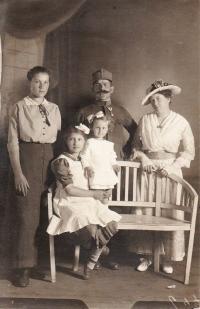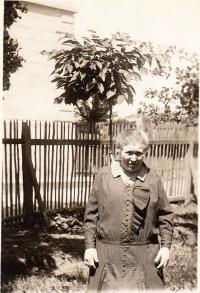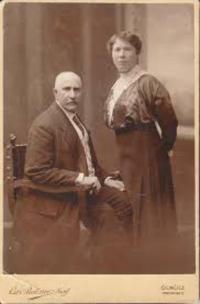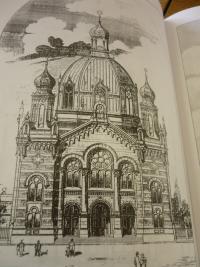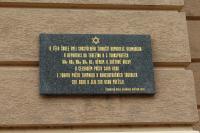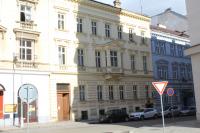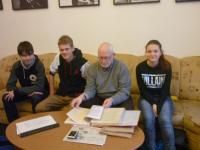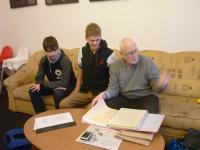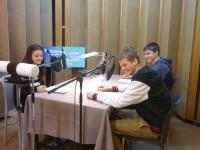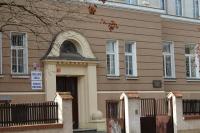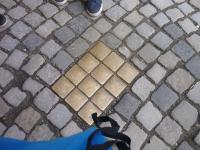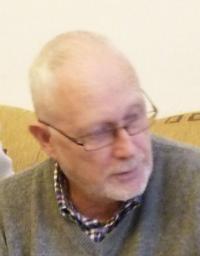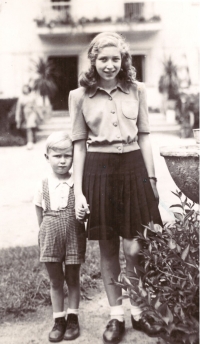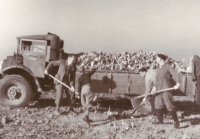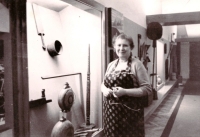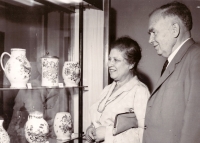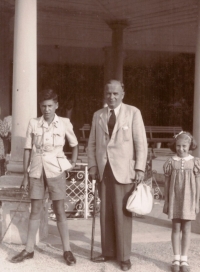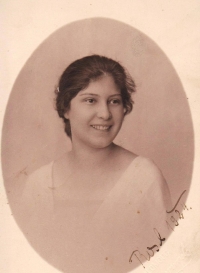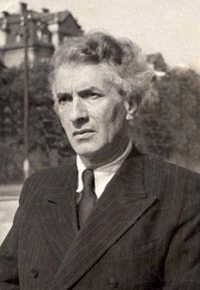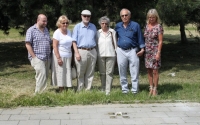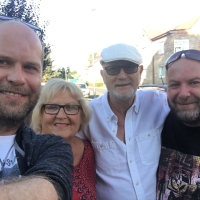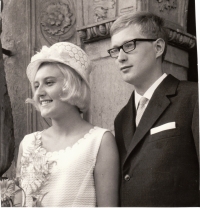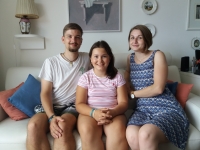There were cases of people refusing to go to a concentration camp
Tomáš Hrbek was born on 15 August 1943 in Olomouc into a German-speaking family that was persecuted as Jews during the Protectorate. Thanks to the initiative of his father Leo, his mother Rosa, née Aschkenesová, managed to survive throughout the World War II. After the war, she used the Czech name Růžena and she was saved from being transported thanks to him. However, most of her relatives, including her mother and sister, perished in the concentration camps. His father was also briefly imprisoned in the Kounic dormitories in Brno during the Protectorate. Tomáš Hrbek first enrolled at Brno University of Technology (BUT), but eventually studied English and Czech studies at the Faculty of Arts of Palacký University (FF UP). He then taught at the Secondary School of Economics in Olomouc until 1990. After 1989, he returned to the university when he began teaching at the Department of Art History. Until 2009 he held the position of Chancellor at UP. Between 2017 and 2020, he published three volumes of “Chronicles of My Ancestors”, dedicated to the history of his father’s and mother’s family and their life together. He spent a decade reconstructing the fates of family members, collecting and organizing documents. In recent years, he has held several honorary positions: he has served as vice-chairman of the Jewish Community of Olomouc, vice-chairman of the Holocaust Victims Foundation, and a member of the Council of the Federation of Jewish Communities. For several years, he was in charge of the magazine of the Olomouc Jewish community, Chajejnu. He lived his entire life in Olomouc.

